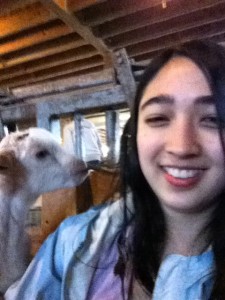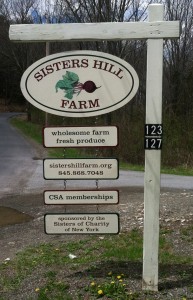 This Sunday I visited Sisters Hill Farm, a CSA in Stanfordville, Dutchess County. The farm was founded by the Sisters of Charity of New York in 1998 on land that had been left to the congregation, with Dave Hambleton being hired as the head farmer. Under Farmer Dave and the farm director Sister Mary Ann Garisto the CSA was developed from scratch, growing from having one acre in production to five. It now provides fresh, organic food to 200 members, with produce also being distributed to soup kitchens, pantries, and those in need by the Sisters in the Bronx, who started the farm with the goal of providing healthy food that nourishes the body and spirit while helping the local community and the earth.
This Sunday I visited Sisters Hill Farm, a CSA in Stanfordville, Dutchess County. The farm was founded by the Sisters of Charity of New York in 1998 on land that had been left to the congregation, with Dave Hambleton being hired as the head farmer. Under Farmer Dave and the farm director Sister Mary Ann Garisto the CSA was developed from scratch, growing from having one acre in production to five. It now provides fresh, organic food to 200 members, with produce also being distributed to soup kitchens, pantries, and those in need by the Sisters in the Bronx, who started the farm with the goal of providing healthy food that nourishes the body and spirit while helping the local community and the earth.
While visiting I talked to Alison, one of the apprentices for the 2014 season. She and the other two apprentices live at Sisters Hill and spend the season working and learning from Farmer Dave, with each getting a chance to run the farm for a week at the end. The four of them do all the work themselves and Alison says Dave is amazingly efficient, organizing everything so well that they only have to work 45 hours a week, which is low for farmers. When I visited things were just getting started, with a lot of plants still in the greenhouse, but the first pick up date for members is going to be in only three weeks. 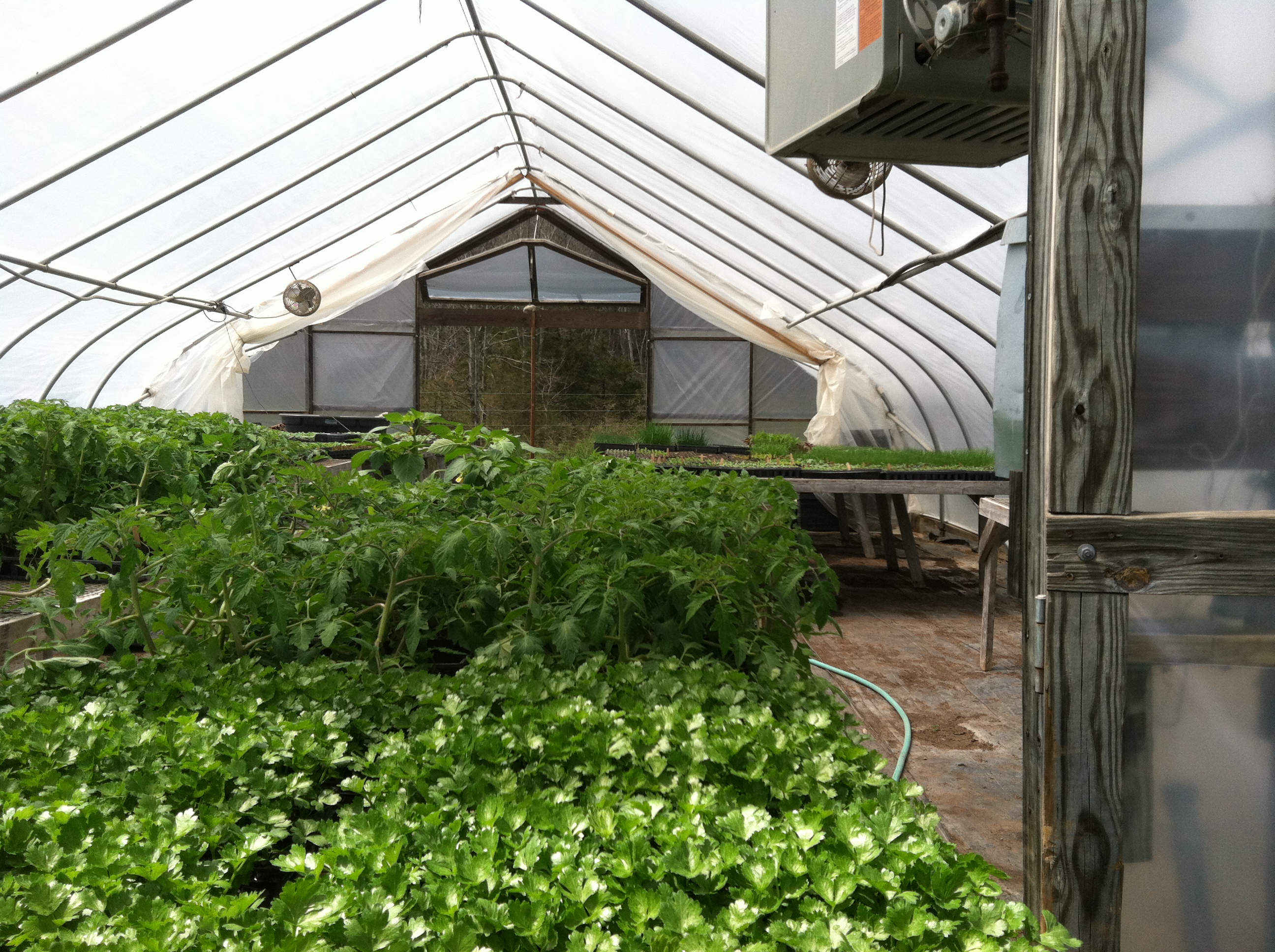
The season usually runs from Memorial Day to the first week in November, but if you renew your membership you get a special Thanksgiving share too. Since that was the last offering everything the members got from it was still up on the chalkboard seen below. To go with all those vegetables you could pick up a turkey at Thunderhill Farm down the road, which also provides the eggs sold at Sisters Hill.
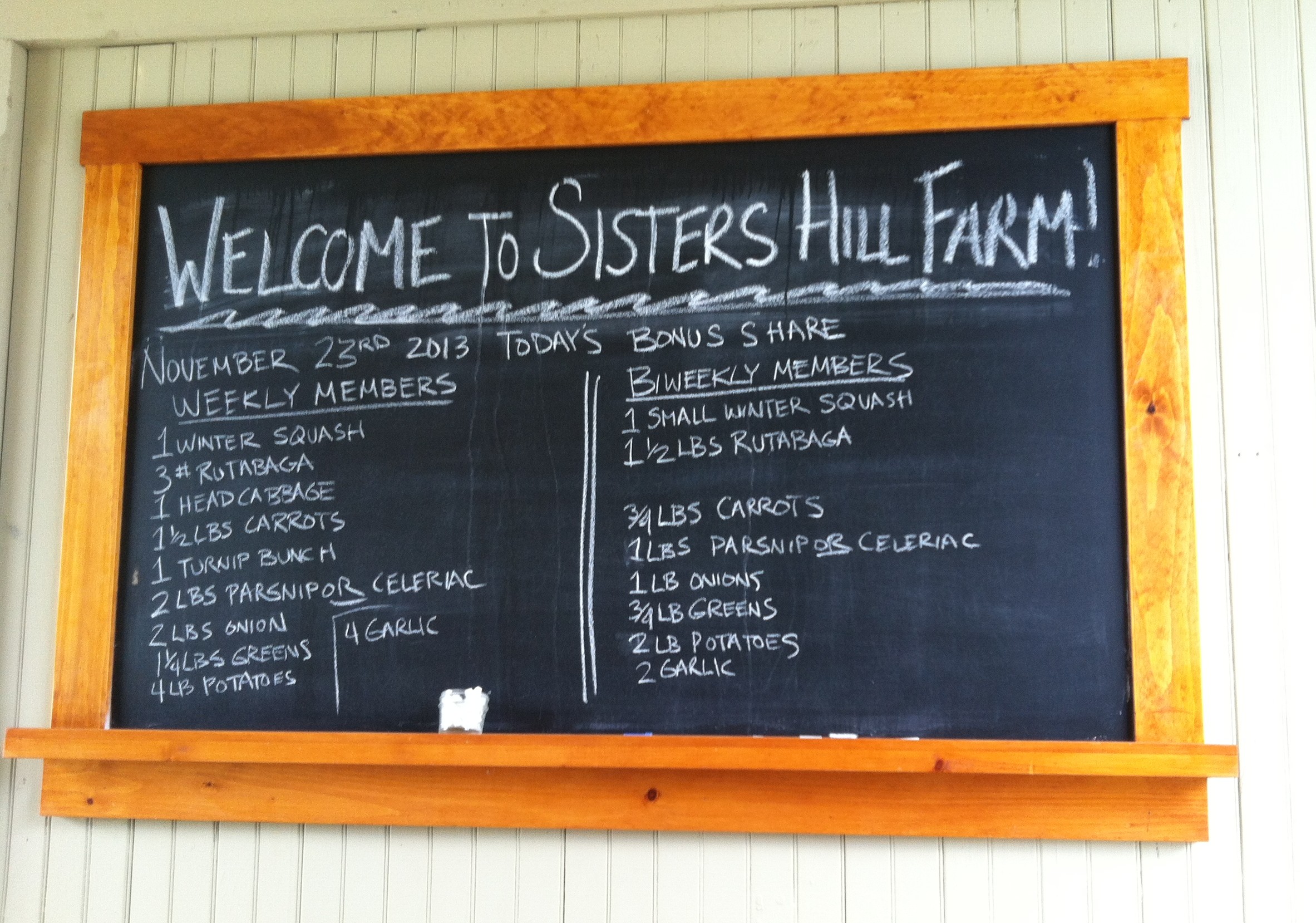
Pick up days are on Saturday and Tuesday, though Saturdays are busier, partly because a lot of the members are weekenders from the city. There are weekly newsletters with recipes and notes from the farmers and people are also often talking and swapping recipes while picking up their food. In addition to what was harvested for the shares, members are also allowed to pick a set amount of produce on their own, directed by signs on how to harvest the different kinds of vegetables. This is especially fun for kids, allowing them to not only to see where their food is coming from but to chose it themselves. There is also a flower garden from which you can pick a certain number of stems a week.

The farm has plenty more plans for the future, having recently gotten some cameras to make educational videos on farming and to film a time lapse of the growing fields. Farmer Dave also plans to renew trails on the farm land where people can walk, run, or bike. When the trails are done, regular exercise sessions will be organized so that the farm can meet its goal of improving health by encouraging healthy habits as well as healthy eating.
To learn more about Sisters Hill Farm visit their website here!

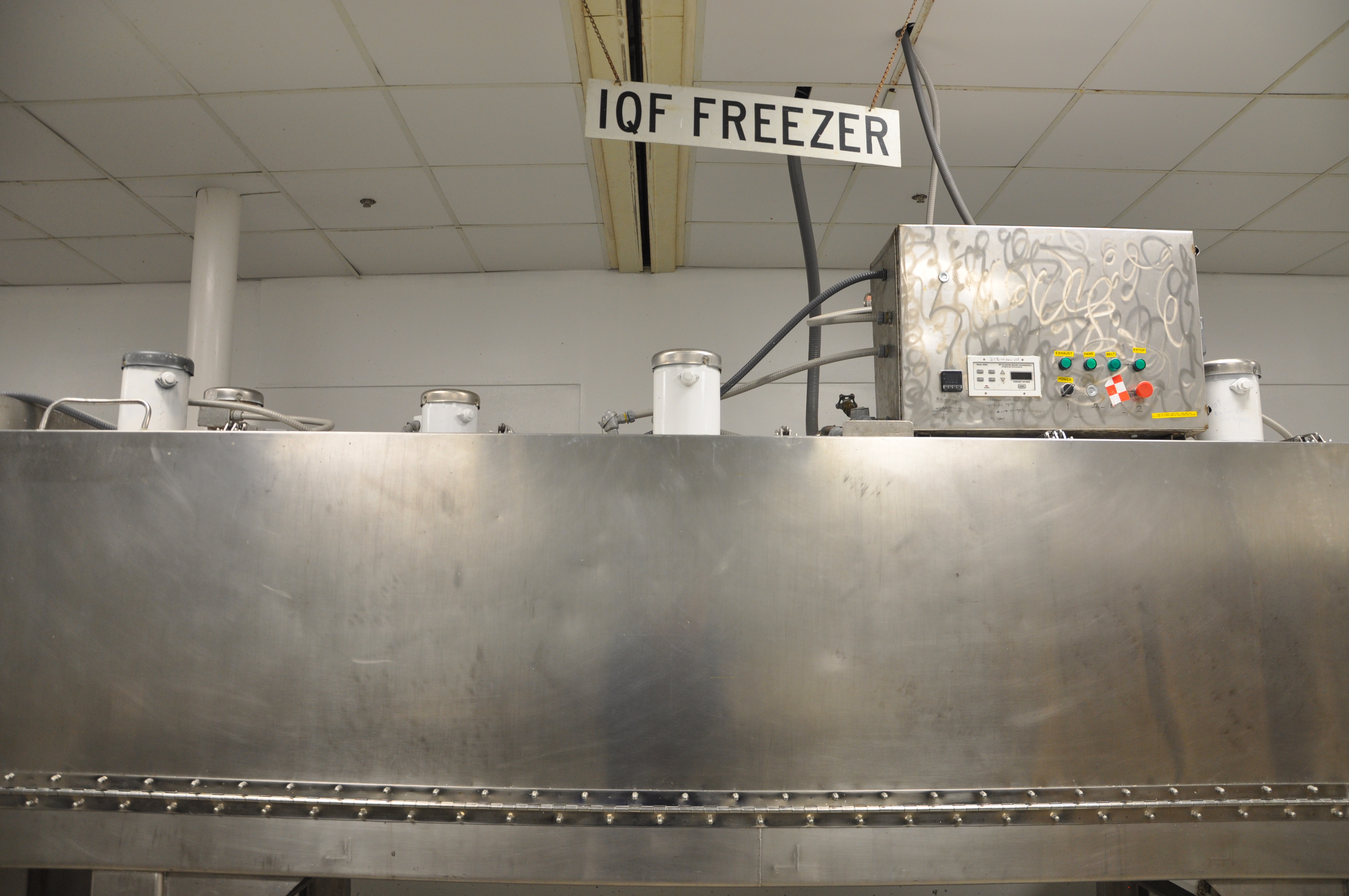 W
W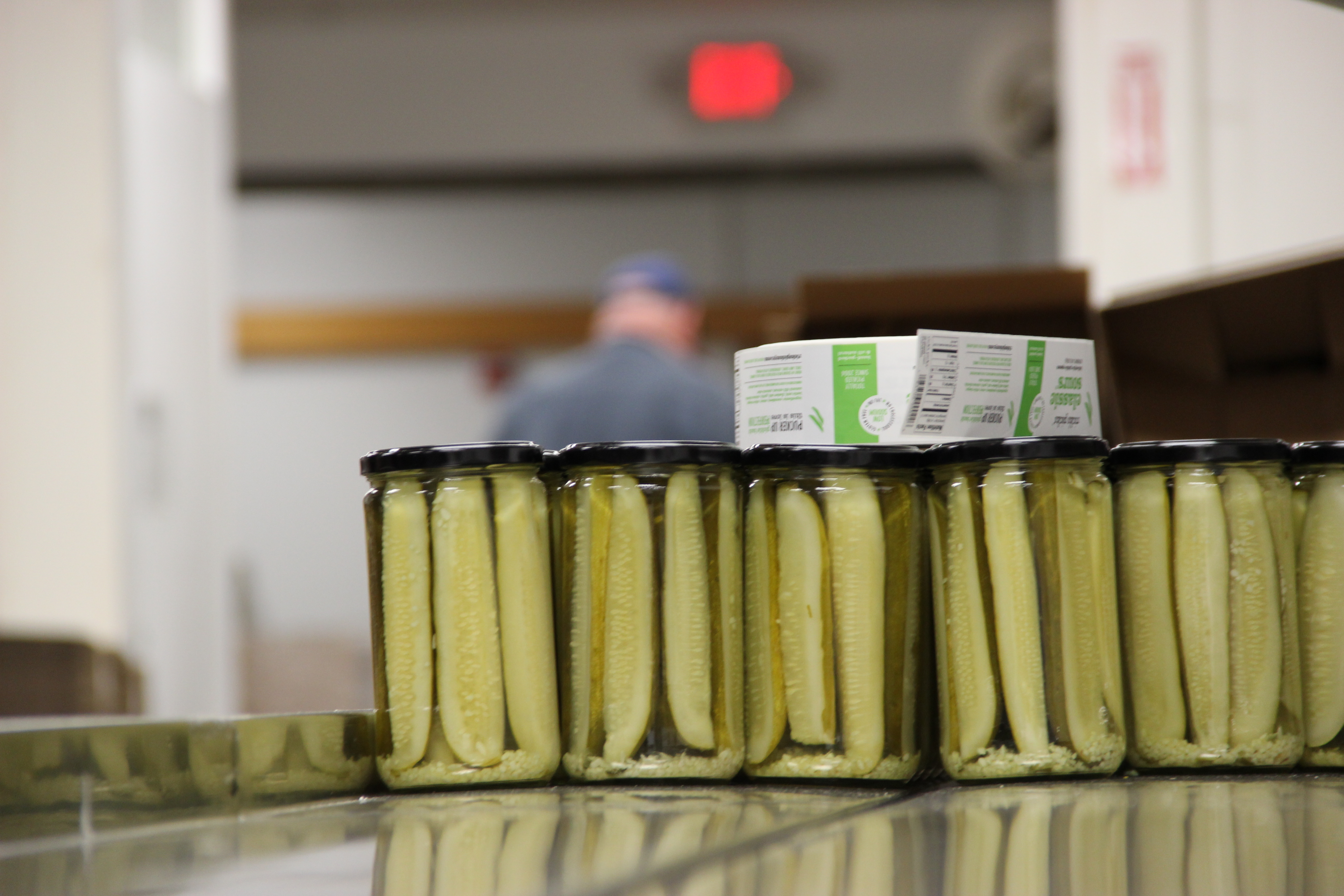 Farm to Table Co-Packers
Farm to Table Co-Packers  When touring
When touring 